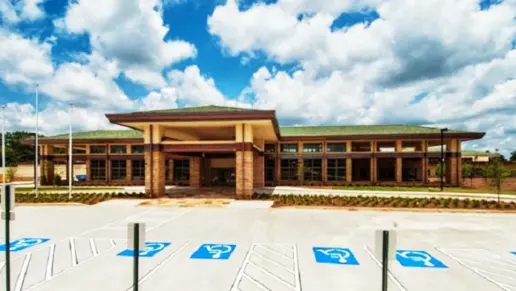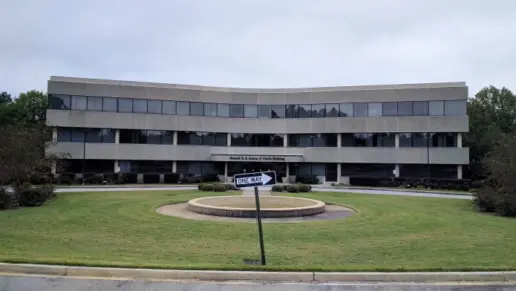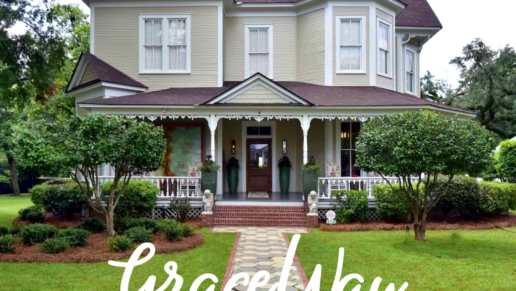(Note: My family member was not admitted, so I can’t speak to any thing except the admission stage.) Atlanta Intake Coordinator Camille was deliberately unhelpful. What a terrible experience during an already terrible time. I can’t recommend this place to anyone based on ...
About Atlanta Mission – The Potter’s House
Atlanta Mission’s The Potter’s House focuses on helping homeless and addicted male adults improve their lives. This long term residential rehab is located in Jefferson, Georgia, and helps individuals overcome drug and alcohol addiction in a safe environment. The Potter’s House has a team of certified peer specialists and counselors who provide life skill classes, one on one therapy, process groups, and clinical groups to help with addiction recovery.
To join The Potter’s House, individuals must be wholly detoxified for a minimum of 72 hours from drug use and 48 hours from alcohol use. The residential program is situated on a 550 acre farm and follows a Christian based residential recovery curriculum for one year. Over the course, you’ll create a foundation for successful, long-term recovery through services that include 12 Step coaching, evidence based curricula, clinical classes and groups, and spiritual education services. This addiction treatment center also offers GED Classes, job coaching, worship, and recreational opportunities to ensure clients can reintegrate into society once they’ve completed the program.
They may work with most commercial insurance providers. Ask your individual provider to verify your coverage as out of network benefits could vary. They’re also accredited by the Georgia Association of Recovery Residences (GARR).
Facility Overview
Latest Reviews
Rehab Score
Gallery
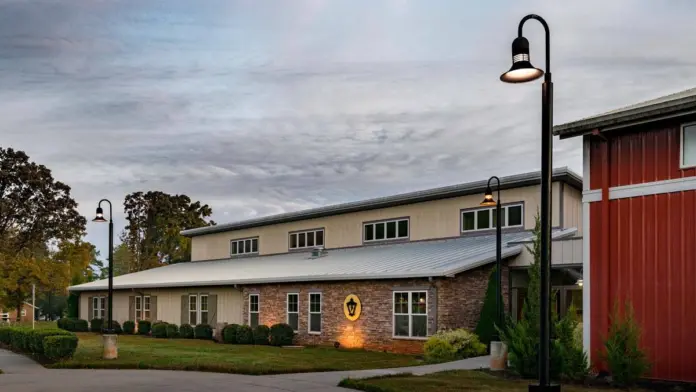

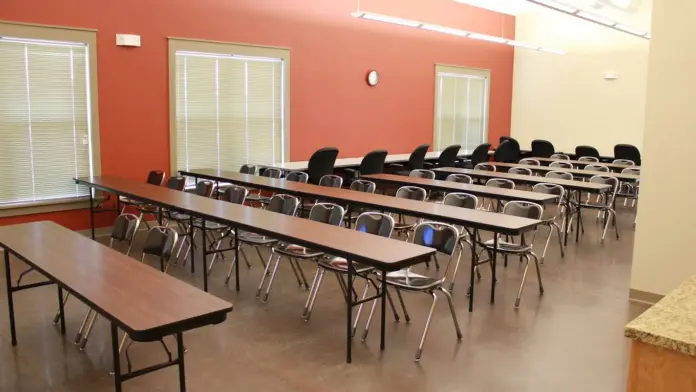
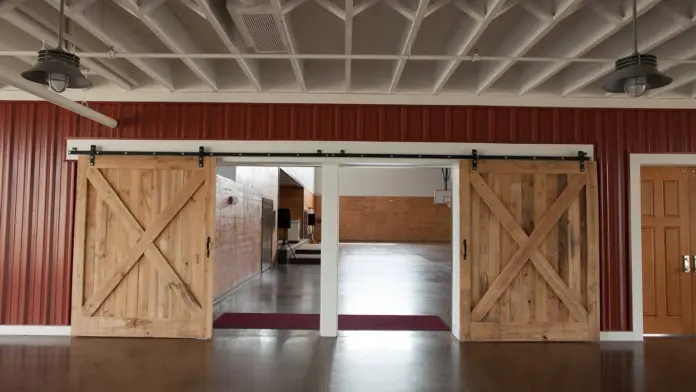
Location
Other Forms of Payment
Addiction Treatments
Levels of Care
Treatments
The goal of treatment for alcoholism is abstinence. Those with poor social support, poor motivation, or psychiatric disorders tend to relapse within a few years of treatment. For these people, success is measured by longer periods of abstinence, reduced use of alcohol, better health, and improved social functioning. Recovery and Maintenance are usually based on 12 step programs and AA meetings.
A quality drug rehab in Georgia can help you overcome addiction. This environment is designed to help you address the complex issues contributing to drug dependence. The goal of treatment is to give you the tools you need to make a full recovery.
Opioid rehabs specialize in supporting those recovering from opioid addiction. They treat those suffering from addiction to illegal opioids like heroin, as well as prescription drugs like oxycodone. These centers typically combine both physical as well as mental and emotional support to help stop addiction. Physical support often includes medical detox and subsequent medical support (including medication), and mental support includes in-depth therapy to address the underlying causes of addiction.
Substance rehabs focus on helping individuals recover from substance abuse, including alcohol and drug addiction (both illegal and prescription drugs). They often include the opportunity to engage in both individual as well as group therapy.
Programs




Clinical Services
Group therapy is any therapeutic work that happens in a group (not one-on-one). There are a number of different group therapy modalities, including support groups, experiential therapy, psycho-education, and more. Group therapy involves treatment as well as processing interaction between group members.
In individual therapy, a patient meets one-on-one with a trained psychologist or counselor. Therapy is a pivotal part of effective substance abuse treatment, as it often covers root causes of addiction, including challenges faced by the patient in their social, family, and work/school life.
During rehab in Georgia, you may engage in motivational interviewing. This typically lasts one to two sessions and is designed to address any ambivalence you have toward change. It helps you explore your current situation and motivations and commit to making changes for the future.
Life skills trainings involve all the skills a person must have in order to function successfully in the world. These include time management, career guidance, money management, and effective communication. Truly successful addiction recovery is based on the ability to not only live substance-free, but to thrive. Life skills teaches the practical necessities of functioning in society, which sets clients up for success in life, and therefore sobriety.
Recreational therapy (aka therapeutic recreation) uses creative and fun activities to help with addiction recovery. Recreational therapists lead patients in entertaining and engaging activities like sports or games; art (drawing, painting, sculpture); drama, music, and dance; and/or community outings (field trips) to improve patients' physical, social, and emotional well-being.
Staff
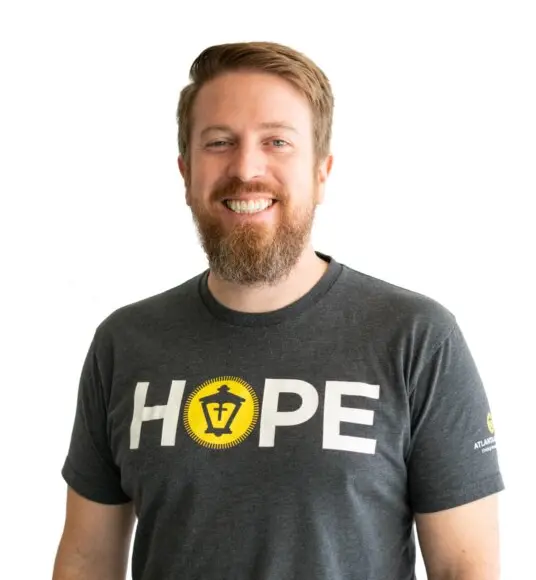
CIO
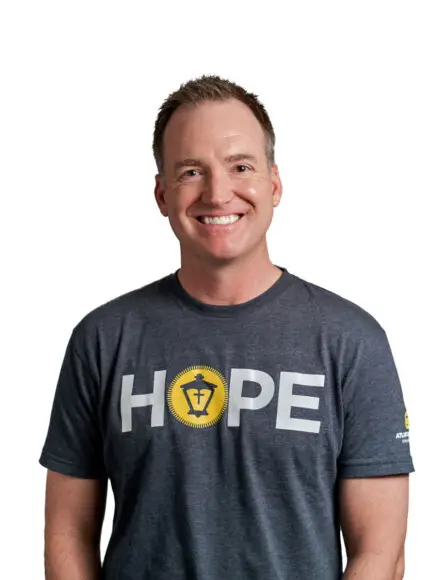
President & CEO
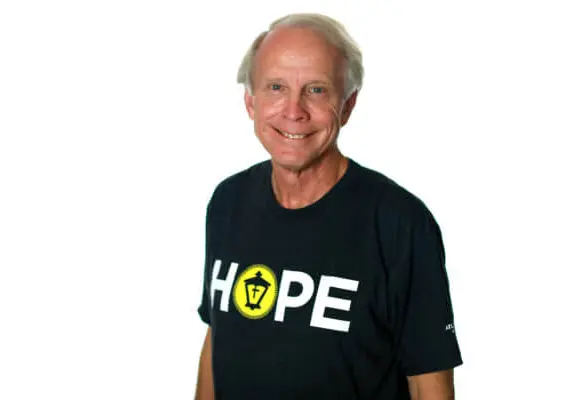
CFO
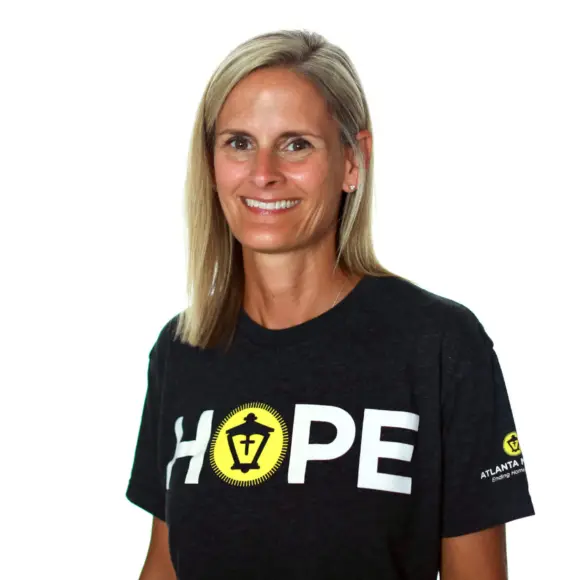
Chief Development Officer

Chief People & Culture Officer
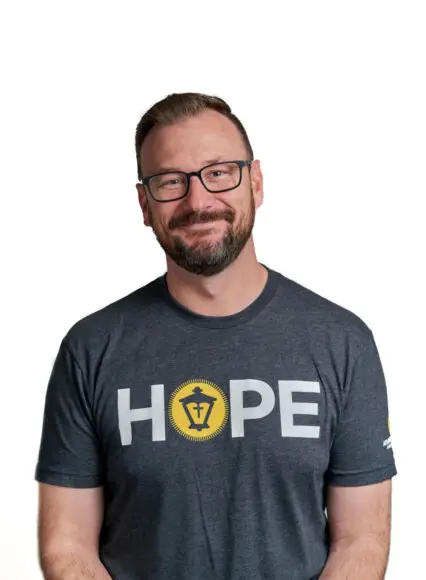
Director of Facilities
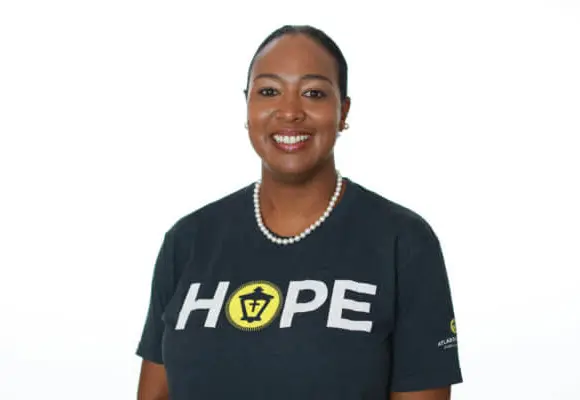
Chief Program Officer
Contact Information
655 Potter'S House Road
Jefferson GA, 30549
